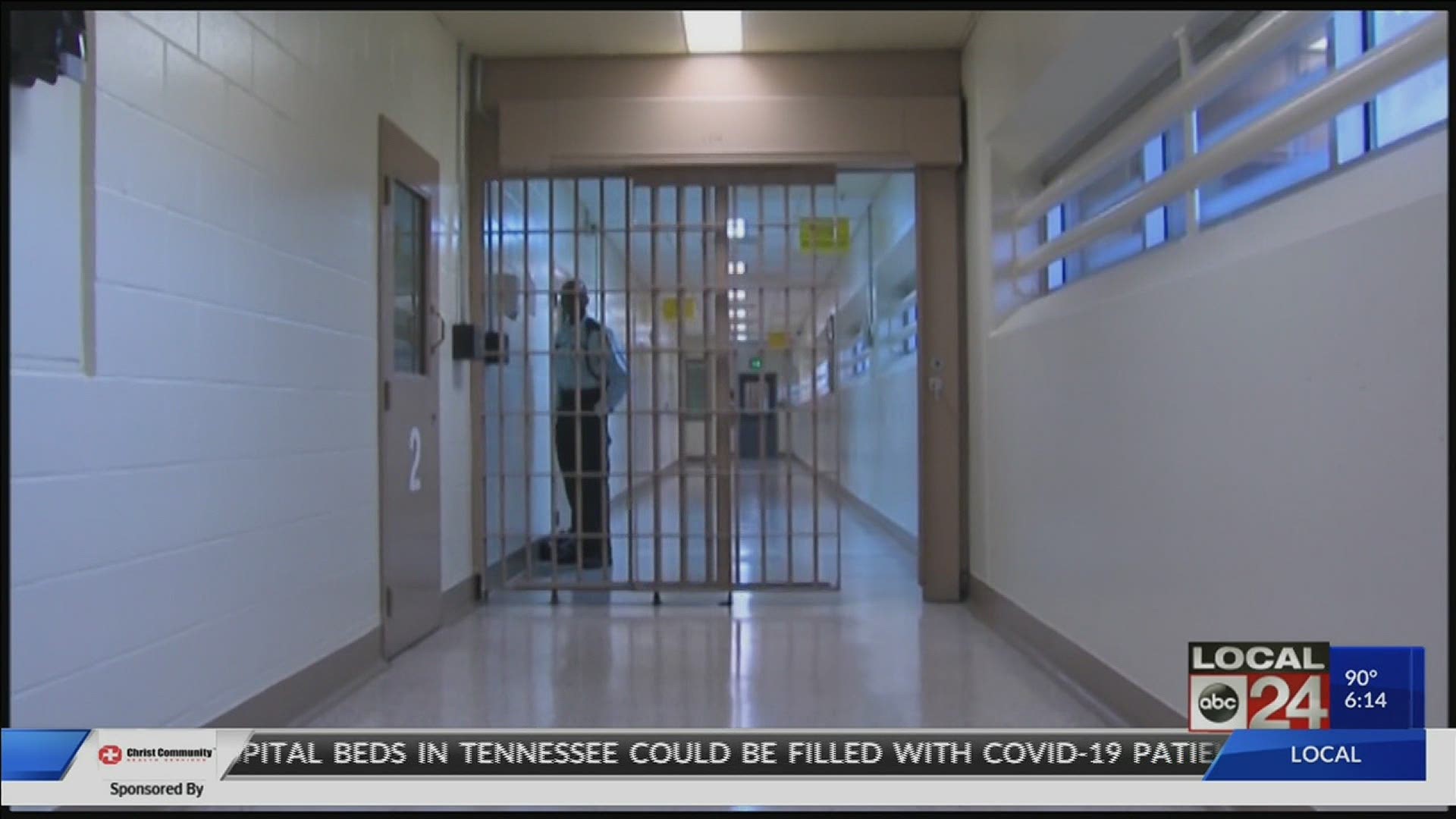MEMPHIS, Tenn. — Earlier this week, we tackled the uncomfortable conversation of "When was the first time an officer pulled a gun on you." We are following up on that by looking at the history of crime as it relates to African Americans.
Local 24 News Reporter, Brittani Moncrease, spoke with a history expert to get a better understanding.
It's no secret. There is a stereotype that Blacks are more likely to be criminals; however, a local history expert breaks down where that idea came from.
It starts with the 13th Amendment abolishing slavery.
"Neither slavery nor involuntary servitude except as a punishment for crime," said Dr. Beverly Bond, University of Memphis History Professor.
Dr. Bond broke down the 13th Amendment's crime clause.
"You can be held as a prisoner. Your labor can be forced. Your labor can used by the government if you have been convicted of a crime," said Dr. Bond. "It abolished chattel slavery, but you allowed the possibility that a different form of slavery, if we want to use that term."
That labor could be leased out to others.
"If you abuse a convict laborer that you have leased from the government and that person dies, you can just go back and get another convict," said Dr. Bond.
As a result, Dr. Bond said, "The identification of African Americans is criminal because they are the largest group of laborers in the south and in other parts of society. Now, we're going to attach this idea that they are criminals."
There were a lot of arrests.
"They're all ages, men, women, children could be arrested. In some cases, just walking into a store and touching a hat, or if you're a child picking up a hat or picking up a piece of candy," said Dr. Bond.
The stereotype is centuries old. It made Dr. Bond think of Breonna Taylor's death.
"The laws have been implemented in such a way that you have no warrants. You have policeman who can just kind of come into your house and just attack you or kill you or whatever," said Dr. Bond. "You see this applied in which neighborhoods? To which people? All of these things are just things that we grow up with as Black people, but we shouldn't have to. No Black person gets through this life without fully understanding what all of this means unless they chose not to see it."
At Local 24 News, we are committed to having these uncomfortable conversations in hopes of bringing understanding, respect, and change.
RELATED: What it means to be Asian in Memphis

